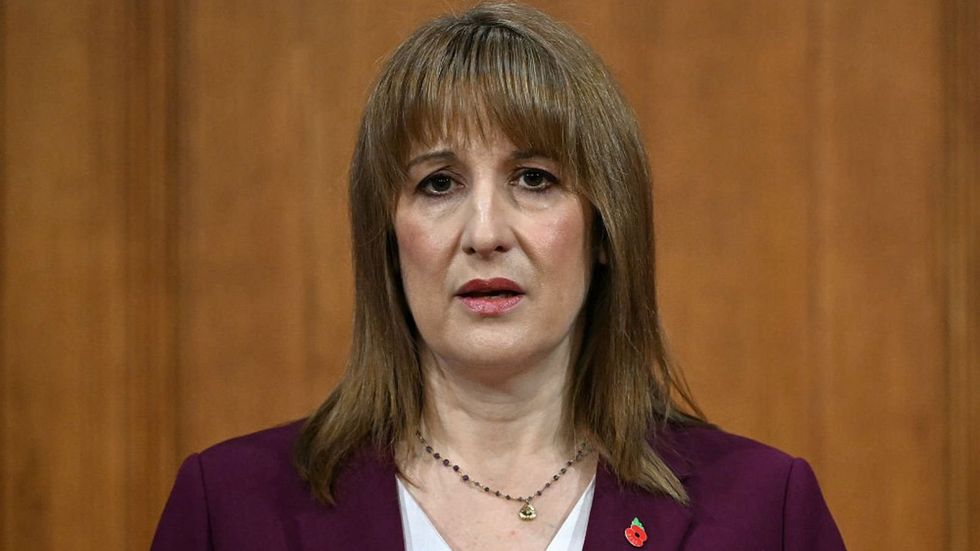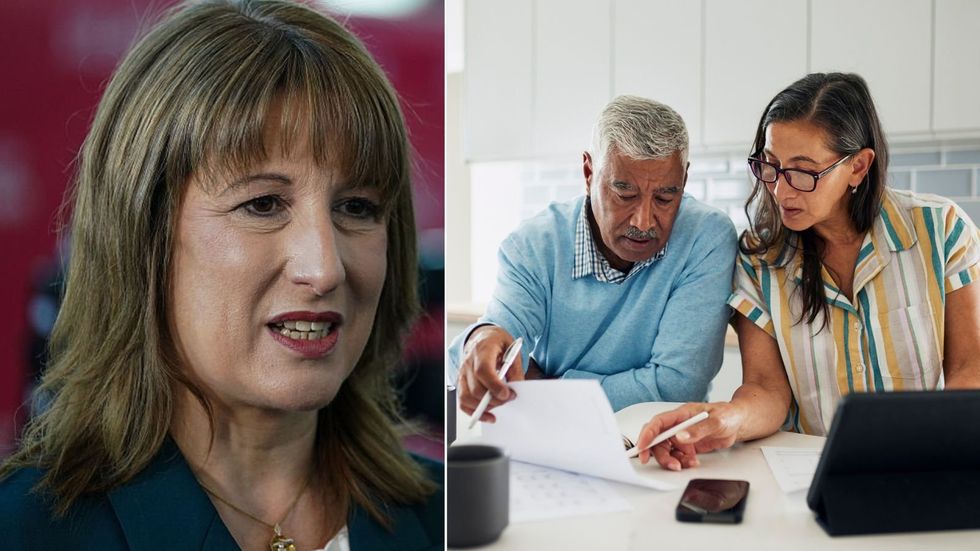Chancellor Rachel Reeves has hinted that Labour’s election promise not to raise income tax is unlikely to be kept in her upcoming Budget.
She explained that sticking to the pledge would mean making big cuts to public investment, which she warned could hurt the country’s chances of growing the economy.
Speaking to BBC Radio 5 Live, Ms Reeves stated: “It would, of course be possible to stick with the manifesto commitments, but that would require things like deep cuts in capital spending.”
She emphasised that reduced investment in infrastructure projects has historically damaged UK productivity, which remains below pre-financial crisis levels.
The Chancellor pointed to global instability as a key factor forcing Labour’s hand on taxation policy. International disruptions stemming from Donald Trump’s tariff policies and the ongoing Ukraine conflict have created additional economic pressures.
Ms Reeves revealed that the Office for Budget Responsibility has unexpectedly revised down its growth forecasts ahead of the November 26 Budget announcement. These downgrades reflect reassessments of UK productivity levels.

“I have been really clear that we are looking at both taxes and spending as part of this Budget,” Ms Reeves told BBC Radio 5 Live, acknowledging that multiple factors have influenced the budgetary situation this year.
The OBR’s productivity review draws on the economy’s performance during recent years under the previous administration, using this data to project future productivity trends.
“This methodology has resulted in diminished growth expectations that the government must now accommodate.

“They’ll be very clear this is based on our productivity performance of the last few years under the last government, but they’re using it to make projections about productivity in the future, and that does mean lower growth,” Reeves explained.
She stressed that fiscal responsibility requires accepting these revised projections, stating: “We have to accommodate that, because we have to live within our means.”
Ms Reeves acknowledged that her previous Budget decisions, particularly the rise in employers’ national insurance contributions, have affected businesses and wealthy individuals.
“I recognise that those decisions to increase taxes in the budget last year would have an impact on business and on the wealthiest whose taxes we increased,” she stated.
However, she maintained that these measures were essential, declaring: “What I would say is doing nothing wasn’t an option.”
The Chancellor argued that the tax rises have delivered tangible benefits, including reduced NHS waiting times and enhanced public finance stability that has facilitated declining interest rates.
Our Standards: The GB News Editorial Charter







Follow